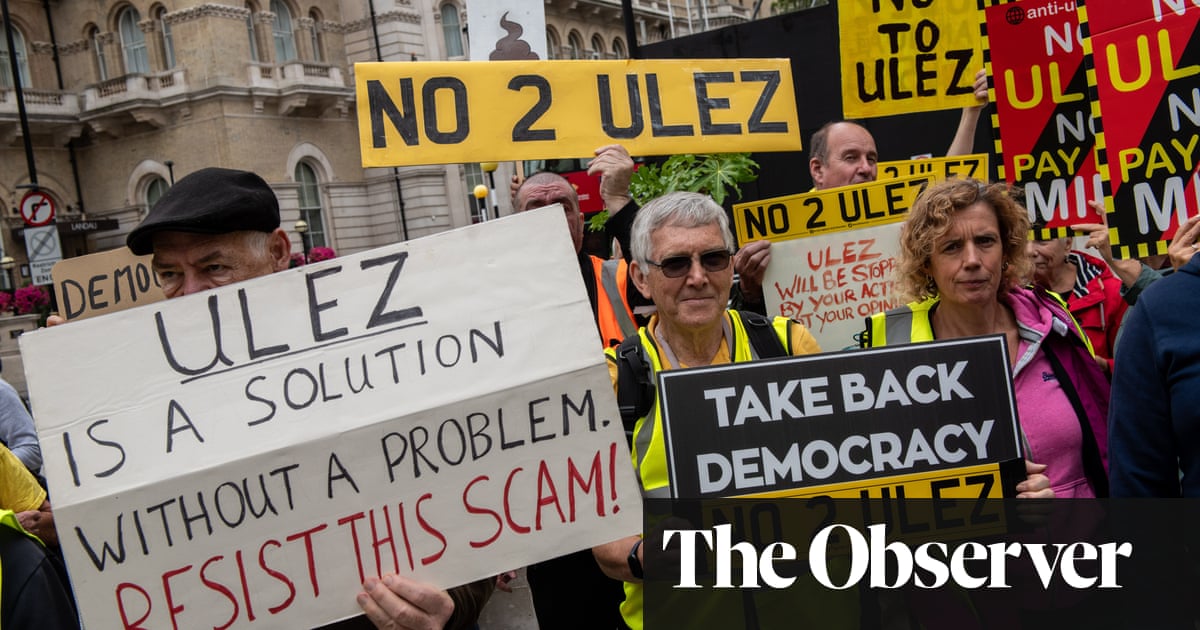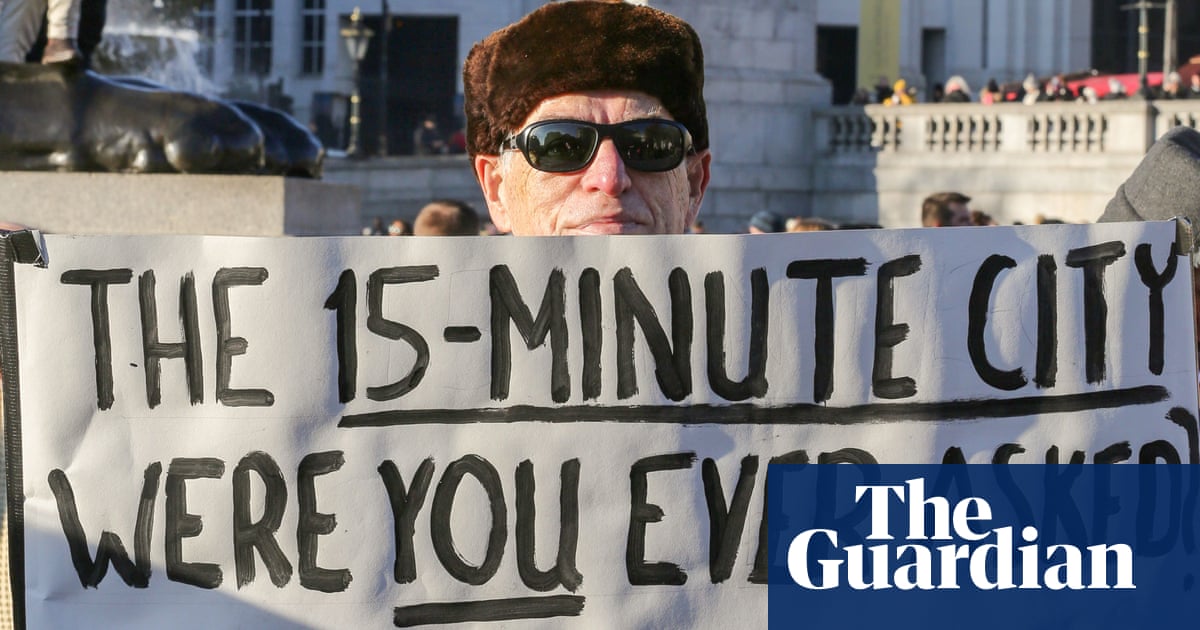
The Israeli political system is never too far from drama and crisis. It is part and parcel of its structure and history. Mentally, it thrives on it. And no one knows how to better exploit, mainly cynically, the polarization within Israel’s society and polity in order to survive another day in power than Prime Minister Benjamin Netanyahu.
Last week, he gave his political rivals a masterclass in rhetorical manipulation with the aim of averting general elections. However, for all his brilliant political manoeuvring, he has been left with a coalition that is hanging by a thread with a majority of one, and his premiership dependent on the whim of any single member of this coalition. Considering the capricious nature of some of them, who might not hesitate to blackmail him for their support with tactics they have learnt from the master himself, elections, some time in the spring of next year, are very much on the cards.
Israel’s politics have been fragmented from its inception, and have become more so as time goes by. This is a true a reflection of its complex society. The current coalition government is comprised of seven parties, and this is after the secular ultra-right populist party Yisrael Beiteinu (Israel Our Home) quit the government last week, leading to a short-lived crisis. Avigdor Lieberman, the resigning defence minister and veteran leader of Yisrael Beiteinu, sensed an opportunity to gain quick political capital by leaving the coalition in protest at the government and its prime minister not taking a tougher line with Hamas in Gaza. He wanted to turn the most recent outburst of violence between the blockaded enclave and Israel into a full-blown war that would result in the collapse of the Hamas government and the elimination of its leadership.
Israel’s politics have been fragmented from its inception, and have become more so as time goes by
Yossi Mekelberg
The populist, thuggish-like Lieberman believed he was outmanoeuvring Netanyahu on the latter’s own turf, stealing his mantle of champion of Israel’s security and “sacrificing" his place in government for the well-being of those Israeli citizens who live within range of incoming rockets from the Gaza Strip. In fact, he knew that reaching a ceasefire with Hamas and hence averting further bloodshed was the best option on the table. If anything, supporting a ceasefire brokered by Egypt and supported by the UN’s Middle East envoy, Nickolay Mladenov, was a sign of maturity by both sides in accepting that neither could come out victorious from yet another round of prolonged violence resulting in another massive loss of life. At a time when both sides have internalized, albeit reluctantly, that negotiating a long-term truce is for the benefit of all, Lieberman’s cynicism, especially from the position of defence minister, deserves only contempt and condemnation. With elections scheduled for 2019, he was looking for the “perfect” time to instigate a political crisis, especially on an issue which is of mythological importance in Israel – security!
It is not difficult to understand the distress of the many Israelis living in the south of the country, who in a matter of 48 hours suffered from a barrage of nearly 500 rockets and projectiles fired at their homes, wounding scores and killing one person. However, Lieberman’s attempt to delude them that a large-scale ground operation deep into Gaza would remove the threat of such future missile attacks was just untrue. But ambushing Netanyahu on the issue on which he has built his entire career looked like a vote-winner, had he managed to bring down the government and force general elections in the new year. Lieberman’s particular problem is that he is witnessing the rapid disappearance of his constituency of immigrants from the former Soviet Union who arrived in Israel a quarter of a century ago, either for natural reasons or because they have been assimilated into the broader Israeli society. So to remain a meaningful player in Israeli politics, he has to find new cadres of supporters, and to do this he is heading down the nationalist-secular-populist route.
Without Yisrael Beiteinu, the coalition has been left with the support of 61 of the 120 members of the Knesset who comprise Israel’s legislature. This tiny majority now relies also on the HaBayit HaYehudi (Jewish Home) party, the religious-populist mirror image of Lieberman’s party. Led by Education Minister Naftali Bennett and Justice Minister Ayelet Shaked, at least publicly they support a comprehensive ground operation in Gaza. Hence the obvious conclusion for them, in order not to be perceived as preferring their cushy ministerial jobs to the security of those people living close to the border of Gaza, was also to quit the government. Their political survival instincts dictated packing their stuff and resigning, as they planned to do at a press conference last Tuesday.
But then Netanyahu, with crafty speech the night before, made it almost impossible for them to leave the coalition – he trapped them. With typical self-aggrandizement, presenting himself as Mister Security who had devoted his entire life to the well-being of his country, he hinted at a massive operation about to take place in Gaza or an even bigger military challenge elsewhere – all shrouded in secrecy, for security reasons of course – and thus outmanoeuvred Bennett and Shaked, who sheepishly announced the following day that for the sake of the country they would stay in government. As Bennett put it: “It’s better that the prime minister beats me in a political battle than (Hamas leader Ismail) Haniyeh beats Israel.”
For the time being, Netanyahu has managed to delay elections. His legal complications, in a week that the police recommended the indictment of some of those closest to him for corruption regarding the purchase of German submarines, are making his calculus of the opportune time to call for elections rather complex. However, Netanyahu’s talent for staying in power is not matched by an ability to lead the country away from conflict and strife. It is about time for him to reflect (albeit naive of me to expect it), and ask himself whether prolonging his time as a prime minister actually serves the country, and not just himself and his family.
Yossi Mekelberg is professor of international relations at Regent’s University London, where he is head of the International Relations and Social Sciences Program. He is also an associate fellow of the MENA Program at Chatham House. He is a regular contributor to the international written and electronic media. Twitter: @YMekelberg
Disclaimer: Views expressed by writers in this section are their own and do not necessarily reflect Arab News" point-of-view












